Our Story
The Programme for Research in Epidemic Preparedness and REsponse (PREPARE) is a national programme that was set up by the Ministry of Health (MOH) to support and strengthen Singapore’s key essential research capabilities, translational platforms, and expertise to develop tools, methods and products that can be tapped on to detect, respond to, and contain future infectious disease threats.
Infectious disease outbreaks are a continuous threat to Singapore. As an international travel hub with a high population density, Singapore is particularly vulnerable to imported and local transmission of novel infectious diseases and re-emergence of established ones. Before COVID-19, past examples of imported infectious disease outbreaks include Nipah (1999), SARS (2003), influenza pandemic (2009), and Zika (2016).
Epidemics can result in severe health, economic and societal consequences for Singapore. The COVID-19 pandemic clearly demonstrates that the infection and public health interventions necessary to reduce epidemic spread and adverse health outcomes exact a high economic and societal cost. In exiting from “circuit breaker” public health interventions, extensive efforts are needed to prevent and manage subsequent waves of transmission.
Developing cutting-edge research capabilities to prepare for and respond well to future epidemics is thus a crucial national priority. The likelihood of future epidemics is rising, driven by increased human mobility, the impact of climate change on disease vectors, and factors that increase zoonotic infections around the world. It could also be a matter of time before Disease X, an unknown disease that is highly infectious, deadly, and mutates easily, happens.
Singapore’s strong biomedical research capabilities have contributed substantially to our overall response to the COVID-19 pandemic. One of the most striking aspects of the COVID-19 pandemic is how fast and effectively the global scientific community has worked together to understand the virus and create solutions. Singapore’s biomedical science capabilities have enabled us to rapidly use new findings, generated locally and overseas, to develop insights and solutions critical for our pandemic response.
Peacetime preparations served Singapore well by allowing a rapid R&D response to the COVID-19 pandemic. Nevertheless, an overarching national epidemic R&D plan will allow a faster and more decisive response, such as prioritisation of research during a pandemic and working seamlessly with government agencies to provide scientific insights to inform public policies.
PREPARE’s mission is to:
- Draw up a national R&D plan that sets out the key R&D goals and strategies that support epidemic preparedness and response;
- Develop strong and synergistic partnerships between teams in different disciplines, across sectors, and in close collaboration with MOH;
- Make the necessary preparations during periods of normalcy that will enable R&D to proceed rapidly during an epidemic; and
- Actively facilitate and expedite the process by which research discoveries can be developed into deployable products and solutions, e.g. approved diagnostic kits and therapeutic agents, and manufactured at scale.
With the above, PREPARE will support a number of desired outcomes:
- Enhance research capabilities for early detection and sense-making to prepare Singapore against future threats;
- Develop or strengthen key enablers in data infrastructure, analytics and behavioural science research to respond to public health crisis;
- Strengthen research capabilities to enhance our national resilience in diagnostics, therapeutics and vaccines; and
- Develop a strong infectious diseases research collaboration network across countries in our region to respond to epidemics and facilitate multicentre clinical trials.
Our People
PREPARE Leadership
Professor Wang Linfa
Executive Director
Professor Wang Linfa began his role as PREPARE’s inaugural Executive Director (ED) in September 2021 and is helming the Programme together with the PREPARE Executive Committee (PREPARE EXCO) comprising PREPARE’s Deputy ED, and Co-operative and Core leads. He is concurrently a Professor in the Programme in Emerging Infectious Diseases (EID) at Duke-NUS Medical School, Singapore, and was previously Director of the EID Programme. He is one of the world’s leading experts in zoonotic diseases, bat immunology and pathogen discovery. Prof Wang is also a member of multiple World Health Organization committees on COVID-19.
Professor David Lye
Deputy Executive Director
Professor David Lye serves as PREPARE’s inaugural Deputy Executive Director, officially taking office in November 2021. He is concurrently Director of the Infectious Disease Research and Training Office at the National Centre for Infectious Diseases (NCID) and jointly appointed as Professor at Lee Kong Chian School of Medicine. He is also a member of the Expert Committee on COVID-19 Vaccination, Ministry of Health (MOH), Singapore. His main research interests are in COVID-19, dengue, antimicrobial resistance and clinical trials.
Co-operative and Core Leads
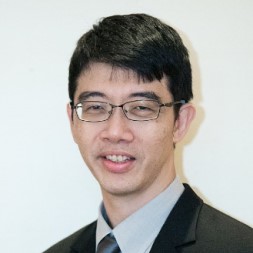
Professor Kelvin Bryan Tan
Analytics, Disease & Behaviour Modelling Co-operative Lead
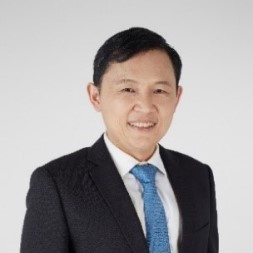
Dr Kang Chang Wei
Environmental Transmission & Mitigation Co-operative Lead

Dr Judith Wong
Environmental Transmission & Mitigation Co-operative Deputy Lead
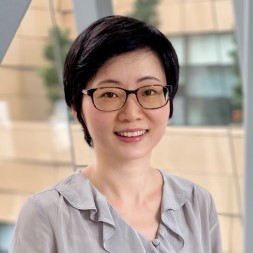
Dr Weng Ruifen
Diagnostics Co-operative Lead
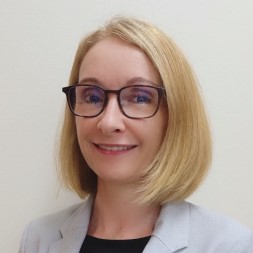
Associate Professor Sylvie Alonso
Vaccines & Therapeutics Co-operative Lead
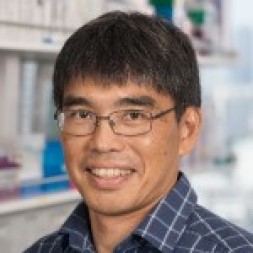
Associate Professor Yeo Tsin Wen
Regional Networks Co-operative Lead

Associate Professor Barnaby Edward Young
Databases Core Lead

Assistant Professor Shawn Vasoo
Biorepository Core Lead
Steering Committee
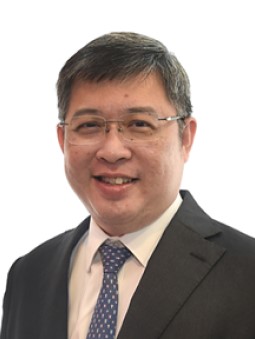
Professor Kenneth Mak
Chair
Director-General of Health, Ministry of Health (MOH)
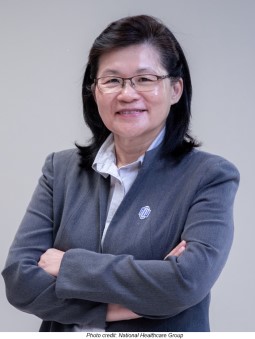
Professor Leo Yee Sin
Member
Senior Consultant, Director-General of Health's Office (DGHO), Ministry of Health (MOH)
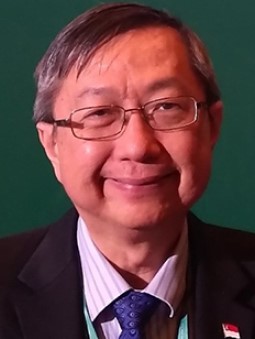
Professor Derrick Heng
Member
Deputy Director of Medical Services, Public Health Group, Ministry of Health (MOH)
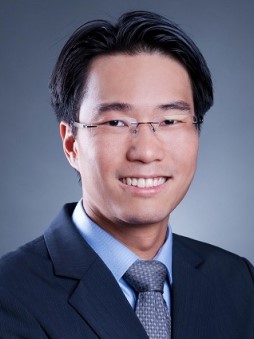
Professor Vernon Lee
Member
Senior Director, Communicable Diseases, Ministry of Health (MOH)
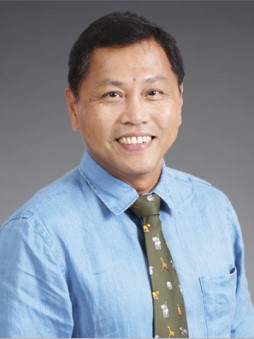
Dr Chan Yew Wing
Member
Deputy Chief Executive Officer (Systems), DSO National Laboratories
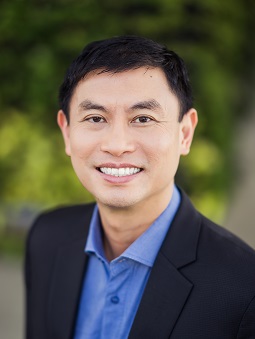
Professor Tan Sze Wee
Member
Assistant Chief Executive, Biomedical Research Council, A*STAR

Associate Professor Ng Lee Ching
Member
Group Director, Environmental Health Institute (EHI), National Environment Agency (NEA)
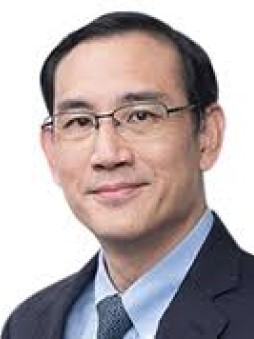
Professor Benjamin Seet
Member
Deputy Group Chief Executive officer, Education and Research, National Healthcare Group (NHG)
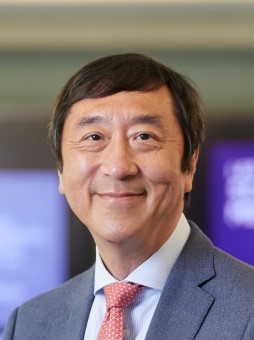
Professor Joseph Sung
Member
Dean, Lee Kong Chian School of Medicine, Nanyang Technological University (NTU)
Professor and Senior Vice-President, Health and Life Sciences, NTU
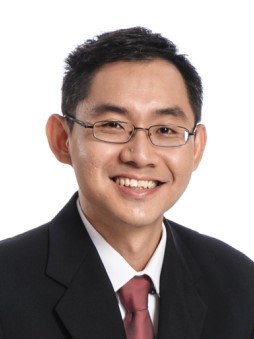
Professor Teo Yik Ying
Member
Dean, Saw Swee Hock School of Public Health, National University of Singapore (NUS)
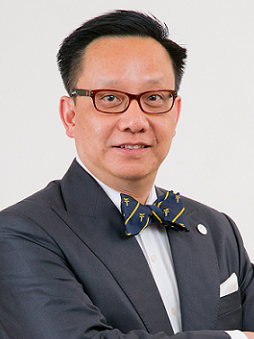
Professor Chong Yap Seng
Member
Lien Ying Chow Professor in Medicine; Dean, Yong Loo Lin School of Medicine, National University of Singapore
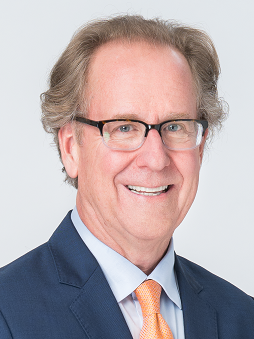
Professor Thomas Coffman
Member
Dean, Duke-NUS Medical School; James R Clapp Professor of Medicine, Duke University Medical Center
Programme Office
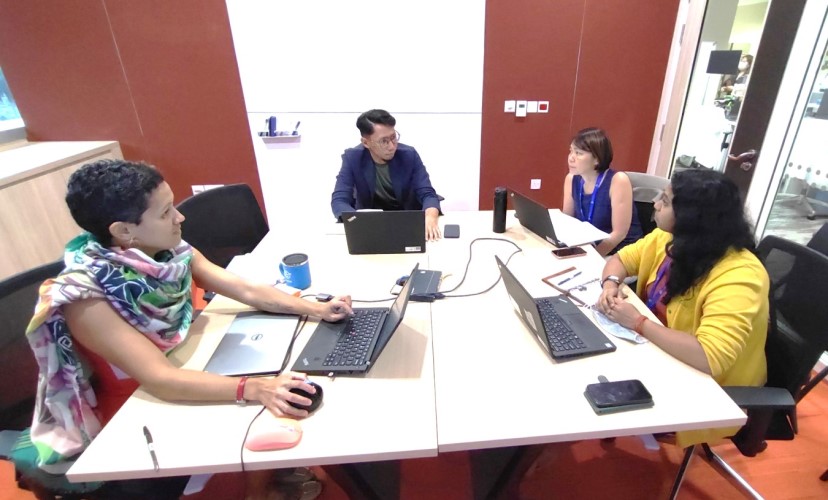
The PREPARE Programme Office, administratively hosted at the National Centre for Infectious Diseases (NCID), supports PREPARE with administrative matters and coordination among the co-operative programmes and long-term capability cores, working closely with the Chief Health Scientist Office (CHSO) at the Ministry of Health (MOH).
Our Advisors
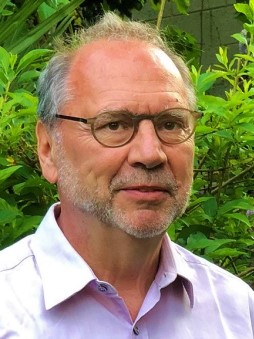
Prof Baron Peter Piot
Chair, PREPARE International Advisory Panel (IAP)
Handa Professor of Global Health & Former Director, London School of Hygiene & Tropical Medicine
EU Chief Scientific Advisor, Epidemics
Special Advisor on COVID-19 to the President of the European Commission
Visiting Professor,
Rega Institute / KU Leuven / National University of Singapore (NUS)
Prof Peter Piot is the Handa Professor of Global Health and former Director of the London School of Hygiene & Tropical Medicine. He is the EU Chief Scientific Advisor, Epidemics; Special Advisor on COVID-19 to the President of the European Commission, and visiting professor at the Rega Institute, KU Leuven, and the National University of Singapore (NUS). He was the founding Executive Director of UNAIDS and Under Secretary-General of the United Nations. He co-discovered the Ebola virus in 1976, and led pioneering research on HIV, women’s health and infectious diseases. He is Vice-Chair of GHIT Fund, Tokyo, was a founding Board Member of CEPI, and the Chair of the King Baudouin Foundation.
Dr Meera Chand
Member, PREPARE International Advisory Panel (IAP)
Director, Clinical and Emerging Infections, UK Health Security Agency
Dr Meera Chand is a trained microbiologist and the Director of Clinical and Emerging Infections at the UK Health Security Agency (UKHSA). Her team is overseeing and coordinating UK responses to emerging infectious diseases events such as COVID-19, acute childhood hepatitis and the recent Monkeypox outbreaks.
Prof Rino Rappuoli
Member, PREPARE International Advisory Panel (IAP)
Scientific Director, Biotecnopolo di Siena Foundation, Italy
Head of MAD Lab Toscana Life Sciences, Italy
Prof Rino Rappuoli is the Scientific Director of the Biotecnopolo di Siena Foundation and head of MAD Lab Toscana Life Sciences, Italy. He was previously the Head R&D and Chief Scientist at GSK Vaccines, Head of Vaccine R&D at Novartis, CSO at Chiron Corporation, and Head R&D at Sclavo. He has introduced novel scientific concepts: genetic detoxification; cellular microbiology; reverse vaccinology; pangenome. His work on licensed vaccines include: acellular pertussis containing a non-toxic mutant of pertussis toxin; first conjugate vaccine against meningococcus C; MF59-adjuvanted seasonal and pandemic influenza MF59 was the first vaccine adjuvant after aluminium salts; meningococcus B; CRM 197 used as carrier in many conjugate vaccines.
Prof Johan Neyts
Member, PREPARE International Advisory Panel (IAP)
Virology, Antiviral Drug & Vaccine Research, Rega Institute for Medical Research, Department of Microbiology, Immunology & Transplantation, Faculty of Medicine, University of Leuven, Belgium
Prof Johan Neyts is a full professor of Virology at the University of Leuven (KU Leuven), Belgium. His lab has a long-standing expertise in the development of antivirals strategies and drugs against emerging and neglected viral infections such as dengue and other flaviviruses, Chikungunya and other alphaviruses, enteroviruses, noroviruses, HEV and rabies and is intensively involved in the search for antiviral strategies against SARS-CoV2. He is the co-founder of KU Leuven spin-offs AstriVax and Okapi Sciences. Prof Neyts is responsible for the Belgian VirusBank platform, a 20 million euros investment by the Belgian Federal Government.